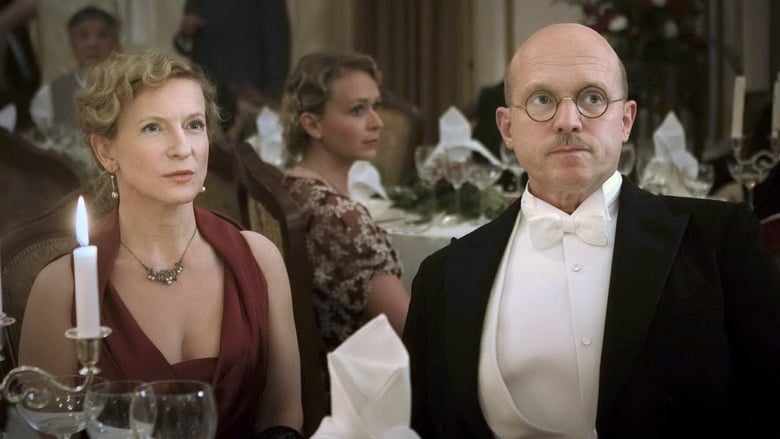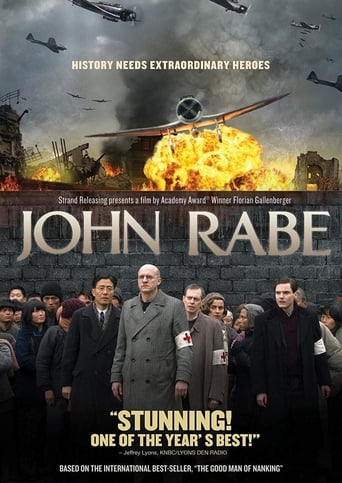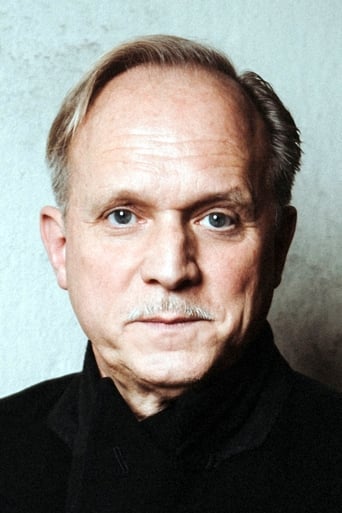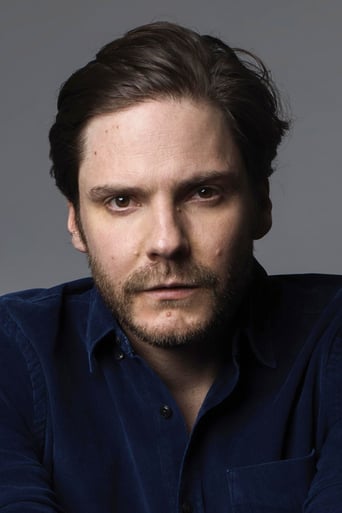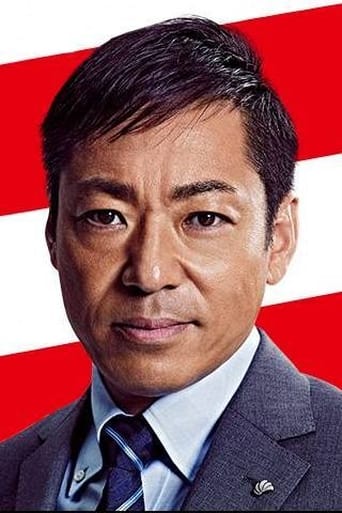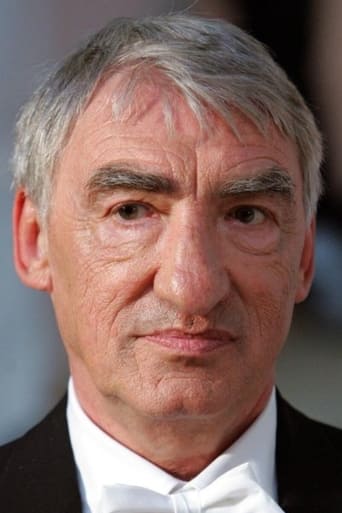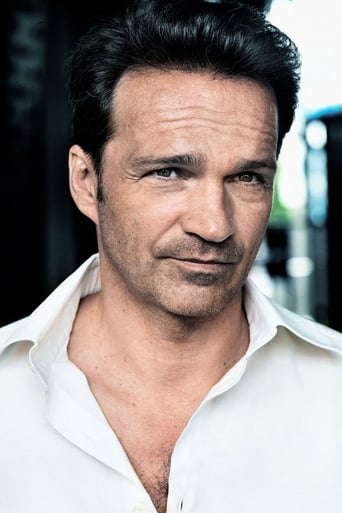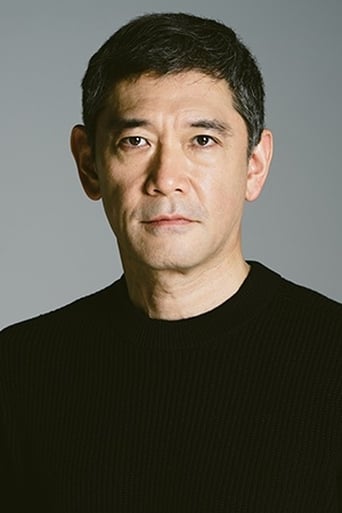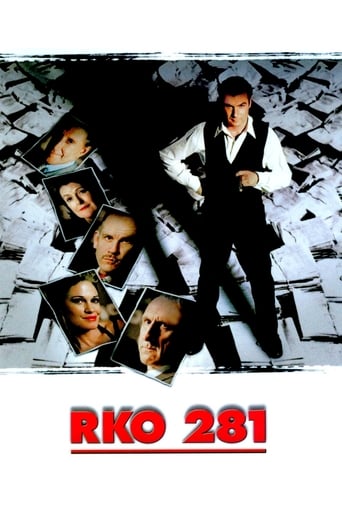A true-story account of a German businessman who saved more than 200,000 Chinese during the Nanjing massacre in 1937-38.
Similar titles
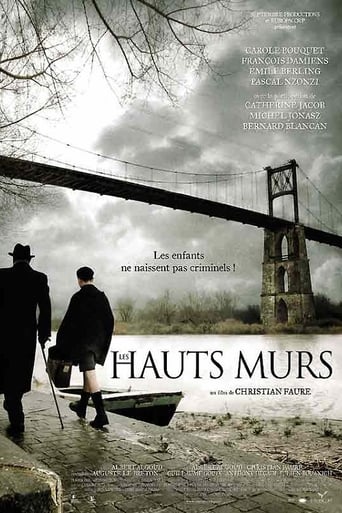
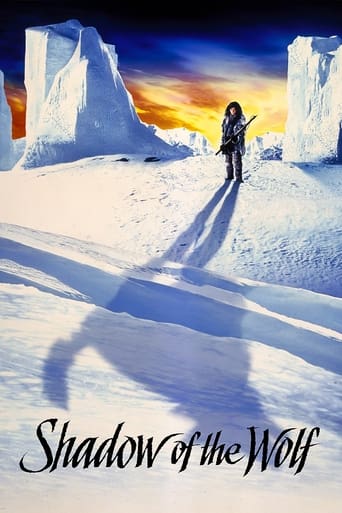

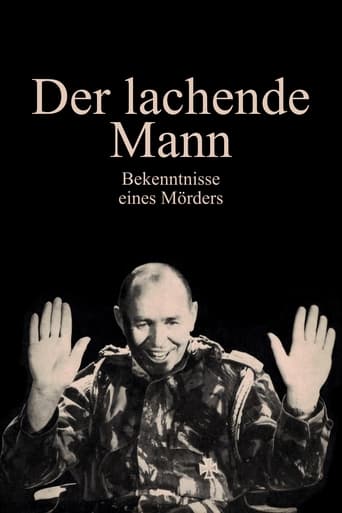

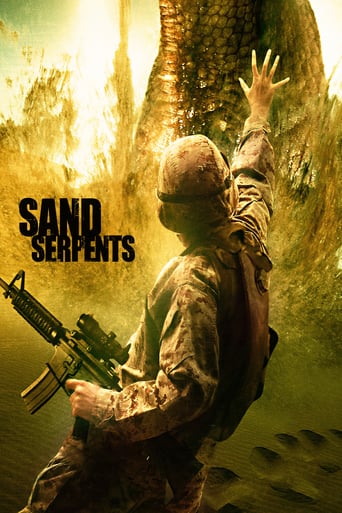
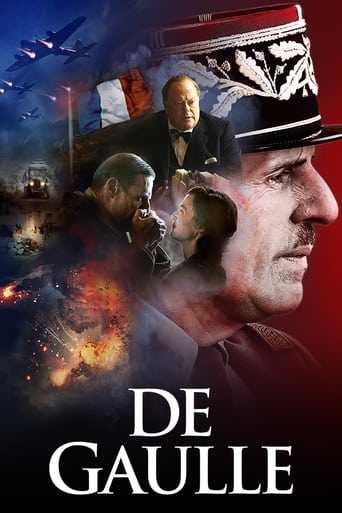
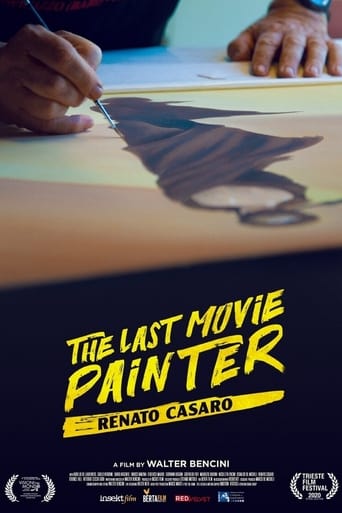
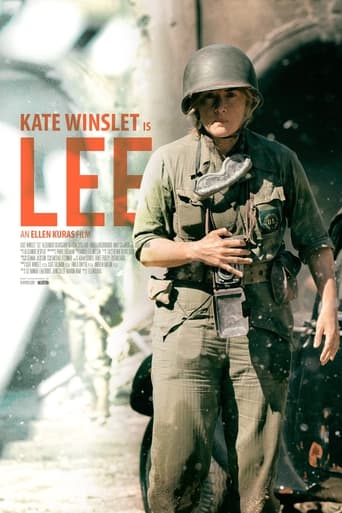
You May Also Like
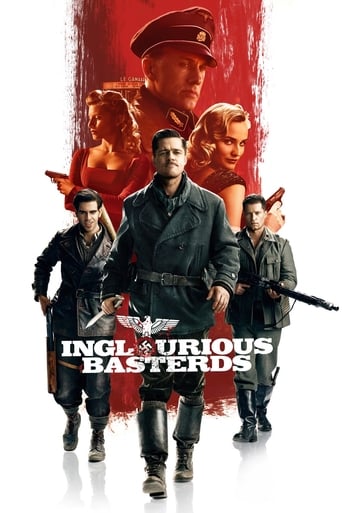
Reviews
Good story, Not enough for a whole film
Absolutely Fantastic
Let me be very fair here, this is not the best movie in my opinion. But, this movie is fun, it has purpose and is very enjoyable to watch.
An old-fashioned movie made with new-fashioned finesse.
"John Rabe" is a very glossy and well done film about the actions of Rabe and a few other foreigners in saving as many of the residents of Nanking as they could during the Japanese invasion. The airplane attacks and look of the film were absolutely great--and the film is well worth seeing.I am very familiar with the story of John Rabe and used to teach my world history students about him and the Japanese destruction of Nanking (I have since retired). Much of what I'd learned were from the book "The Rape of Nanking" as well as several well made documentaries. So, I am NOT the typical person watching the story for the first time--I am a bit tougher to please. Because of this, I am much more critical that average and to me, the story was flawed because it actually seemed very sanitized. In other words, while the film DID show some of the Japanese atrocities, it didn't do much--probably because it would nauseate most viewers. BUT, by doing so, it minimized the evil that was perpetrated here--making the Japanese troops seem almost normal. It's rare, but I would have included much more blood and talked much more about the rapes and murder of children. Evil must not be minimized and here it just didn't seem as sadistic and wrong as the Rape of Nanking was.
I have studied the man John Rabe through his diaries and other accounts of him from some of the main players such as Minnie Vautrin, Dr. Robert Wilson, Lewis Smythe, etc., and was expecting to see more of his actual work on the Peace Zone and Red Cross committees and perhaps a little less of the personal life--it's nice we got to see some of his relationship with his wife, but I think the movie would have benefited more from detail as to WHY he is so revered in China--he was so intelligent, kind-hearted, and seemed to truly love the Chinese people, and some of this is shown, as well as a little of his naiveté, but it needed MORE. For a character like Rabe you cannot just call him a benevolent Buddha and expect all the viewers to just know the details. I actually enjoyed Buscemi as Dr. Wilson, though I doubt Rabe would've sat still for the Hitler song, even while drinking! Wilson wore himself out, almost to death, in the hospital--where he would've found a moment for such a scene is a question. The one BIG issue that is appallingly inaccurate, to the point of being offensive, is the fictive character of Ms. Dupre. As one who has studied this period and read biographies on the main players, I kept wondering WHERE was Minnie Vautrin, the principal of Jinling Women's College, and WHO was this French woman?? How in the world did the creators of this movie go to such lengths to dramatize Rabe's life in Nanjing, yet make up this silly female character to replace an actual, real, wonderful and strong character like Vautrin? It just made NO sense to me at all. The Chinese called Rabe "The Living Buddha" for the immense efforts he made to save them (and as I said, more of this needed to be shown), and Minnie Vautrin, an American educator who loved China, was called the Goddess of Mercy-- there was no romance between them, but only an immense respect and need to help the Chinese. A romance seems to be implied between Rabe and this Miss Dupre character, which is a ridiculous development, especially leaving out the REAL Vautrin and her work. Also, some of the plots seemed superfluous, such as the development with Rabe's wife, and the emotional level was more shallow than I expected for a film about such a man as Rabe. Not a bad film, but just lacking in so many ways. I almost shut it off half way through, out of sheer frustration with the lack of fact and the made-up characters, but stuck it out. There were glaring errors and a disconnectedness to the story that were too distracting for me personally, however, I do recommend it in the end, if only to those who want to know more about such a great man as John Rabe--though, even for a movie hound like m'self, I think READING about him is better than anything this movie offers.
'To the Führer of the German people. Chancellor Adolf Hitler. My Führer. As a loyal party member and upstanding German. I turn to you in a time of great need. The Japanese Imperial troops conquered the city of Nanking on December 12, 1937. Since then I have witnessed atrocious crimes against civilians. Please help to end this catastrophe and make an appeal to our Japanese allies in the name of humanity. With a German salute, John Rabe ' This is an actual letter, unheeded, that along with the diaries of John Rabe provide the story for this deeply moving film about the Japanese destruction of Nanking as gathered in the book "John Rabe: Der Gute Deutsche von Nanking" edited by Erwin Wickert and adapted for the screen and directed by the immensely gifted Florian Gallenberger. Having just seen Chuan Lu's 'City of Life and Death', a brilliant black and white Chinese epic film about this same period of history, it is doubly troubling to view this shameful piece of history. JOHN RABE is after all a biography of the man the Chinese still regard as a saint for providing shelter of thousands of victims of the rape of Nanking and as such we learn much more about the German machinations in the event than in Chuan's film. Burt there is a similarity of distinction: in both films the writer/director shows that both sides of the atrocity had heroes and champions. The film shares the writing of the diary kept by John Rabe during this time frame and follows his diary as the story line. Rabe (Ulrich Tukur in a brilliant performance) was living with his wife Dora (Dagmar Manzell) in Nanking for 27 years as the head of the Siemens Factory, a German resource for construction in China. They were loyal to Germany, were members of the Nazi party, but lived the good life in the city: Rabe was a compassionate but focused director of the Chinese employees. He is to be retired by the Germans and replaced by a rigid, seemingly evil Werner Fliess (Mathias Herrmann). On the night of his tender farewell party the Japanese attack and it soon becomes apparent that Prince Asaka Yasuhiko (Teruyuki Kagawa) plans to decimate the city. There are others from other nations who are working Nanking - in the university, Valérie Dupres (Anne Consigny), in the hospital, Dr. Robert Wilson (Steve Buscemi), and in the German Embassy, the Jewish lawyer Dr. Georg Rosen (Daniel Brühl) - as well as Chinese aligned with Rabe, Langshu (Jingchu Zhang). When it becomes obvious that the Japanese will slaughter all the populace of the city, John Rabe gathers as many Chinese as he can into a Safety Zone where no soldiers or weapons are allowed, only the support with food and medical attention and beneficence Rabe is able to gather. The atrocities and bombings continue until the very existence of the Safety Zone is vulnerable. Rabe's gathering of the forces around him to protect as many citizens as he can, despite his own gradual physical failure due to his diabetes and lack of insulin, gains him the respect and admiration and love of the people of Nanking. The film spares no images of the mass executions, the beheadings, and the sexual abuse and torture of the people of Nanking by the Japanese. Much of the film is difficult to watch. But even more tragic is the discovery of the information after the film is complete that John Rabe (as well as Dr. Georg Rosen) returned to Germany as undesirables in 1938 and died in poverty and abandonment by the Germans. The cast is exemplary: many fine cameo roles played by fine actors make this film as touching than the main story. This is a very fine cinematic achievement and deserves a global audience. Grady Harp
Most American have either never heard about the Rape of Nanking or certainly know very little about it. Probably almost nobody in this country has heard of John Rabe. This German film tells the true story this man who felt he was a loyal Nazi working for Hitler and his government in Nanking as the Director the German Industrial Siemens factory, when the Japanese decided to invade China in 1937. This ultimately brings the Japanese forces led by a relative of the Emperor to Nanking. Rabe found himself having to take actions and make decisions which would effect the lives of over 200,000 Chinese. This is a personal drama, a war story with thousands of extras, an accurate history lesson founded on diaries and the book, The Good Man of Nanking as well as an extremely well done movie which will keep you on the edge of your seat for more than two hours. There is a seamless blend of brutal scenes with touching human moments interspersed with black and white authentic newsreels which reminds you although this is a fascinating story, it is reflecting all too true events. Usually when we see a World War II movie showing the murder of prisoners and civilians, it is the Germans who are doing the killing. However this time it is the Japanese who are murdering the Chinese. In one unforgettable ironic scene, Rabe is outraged at acts of the Japanese who are, of course, allies of the Germans. Therefore he sends a fruitless telegram to Hitler asking and expecting him to insist that the Japanese stop murdering innocent people. Ulrich Tukur plays Rabe and won the equivalent of the German Academy Award as did the movie. American actor Steve Buscemi superbly plays Dr. Robert Wilson the American doctor who actually founded the hospital in Nanking and worked very closely with Rabe. The screenwriter and Director is Florian Gallenberger who took a couple of years researching and writing the movie. He told us of the conflicts that he had with the Chinese government during the preparatory phase of the movie. You should see this movie in your local theater if you can. However, if you end up watching it on Netflix, hopefully there will be a director's narrative or interviews with Florian Gallenberger. Despite his relative young age he was a major player in this very large endeavor. He is extremely articulate in English, his second language and relates a fascinating account of the making of this movie.
Top Streaming Movies











